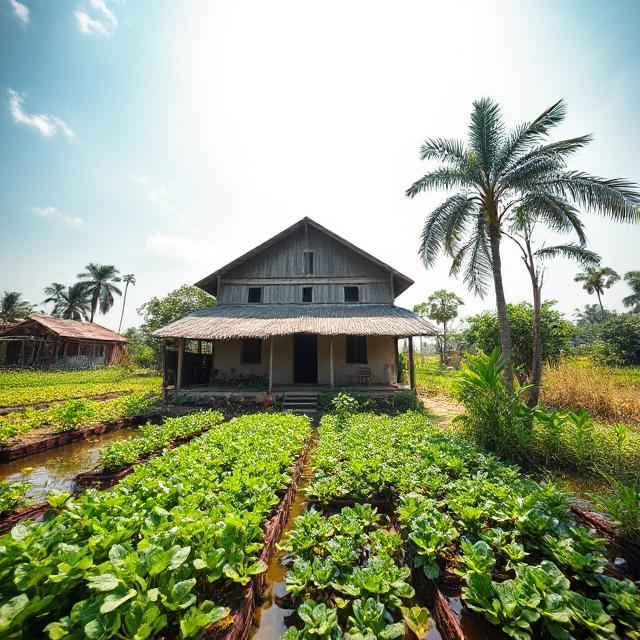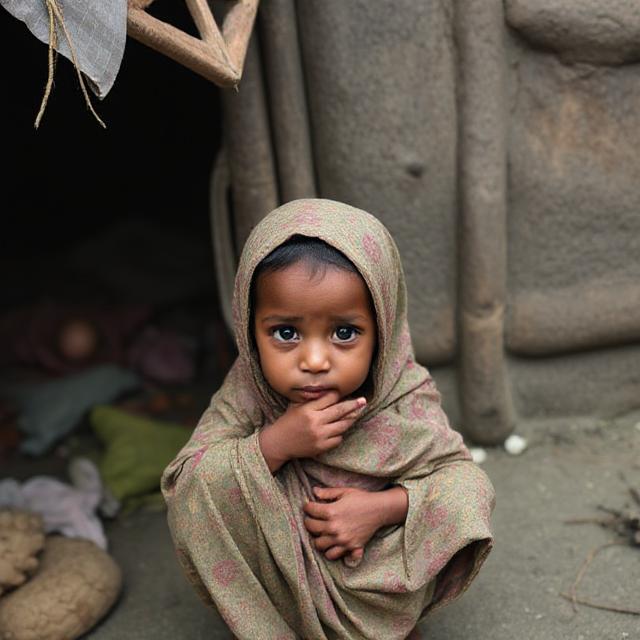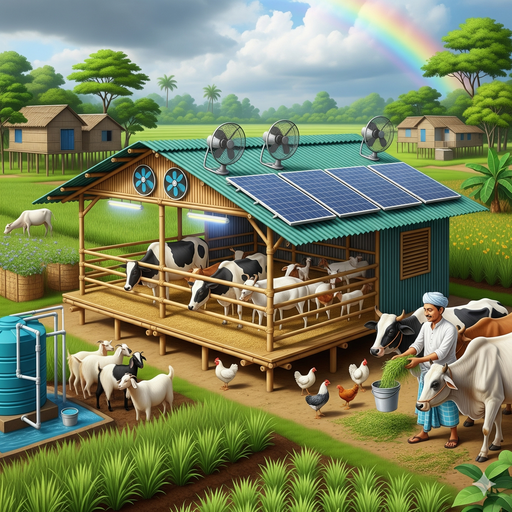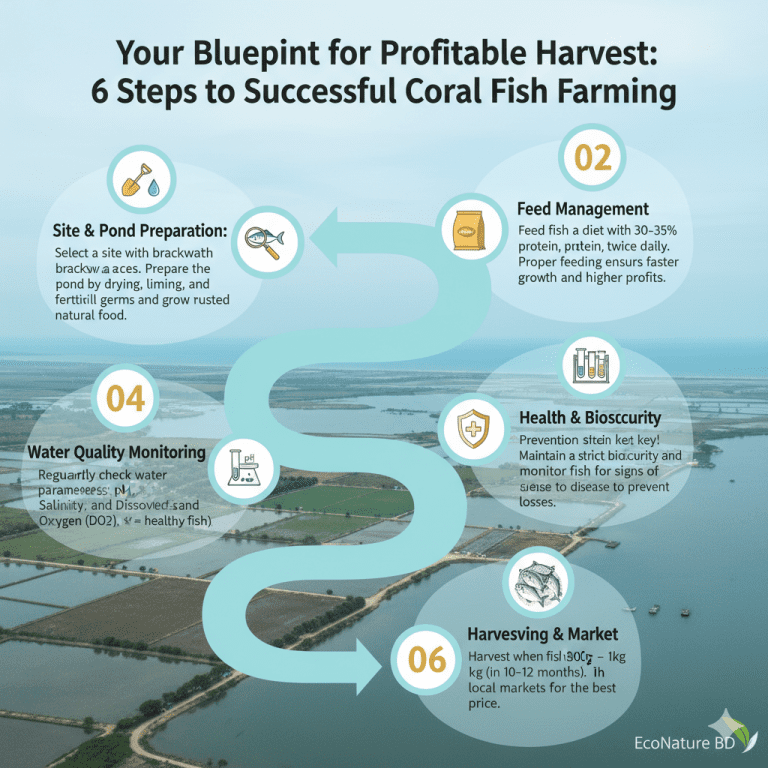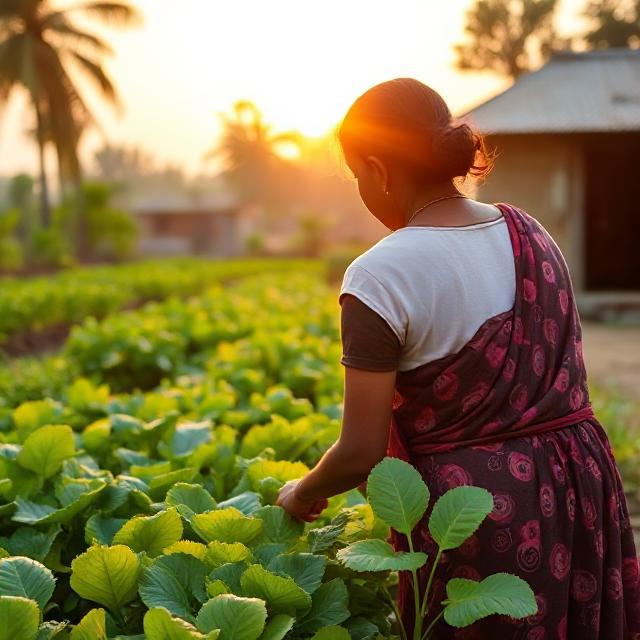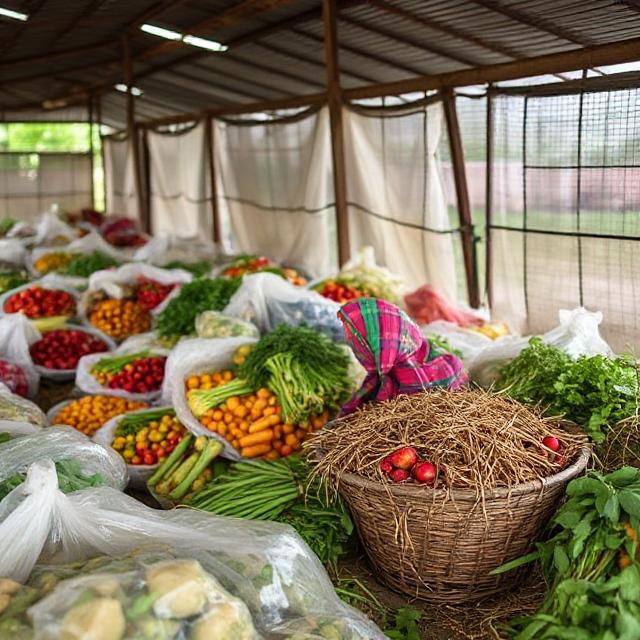Rooftop Farming in Dhaka: Women’s Role in Urban Food Security
In the concrete maze of Dhaka, where food insecurity is rising and space is shrinking, a quiet revolution is blooming on rooftops led by women, one leafy green at a time.
Greener Roofs, Fuller Plates!
Rooftop farming in Dhaka is no longer a hobby. It’s becoming a vital strategy for urban food security. As Bangladesh’s capital faces rapid urbanization, heat stress, and rising food prices, women are transforming their rooftops into vibrant vertical gardens and hydroponic farms.
From Mirpur to Khilgaon, housewives and young women are growing spinach, tomatoes, cucumbers even strawberries on rooftops as small as 100 square feet. These rooftop farms are not only putting pesticide-free vegetables on the table but also reducing grocery bills, empowering women, and creating a resilient, homegrown food safety net.
According to the Bangladesh Bureau of Statistics, urban food insecurity in Dhaka has risen by over 20% in the past decade, with many families relying on expensive, chemical-laden produce. Against this backdrop, rooftop farming in Dhaka emerges as a hopeful, high-impact solution.
What Is Rooftop Farming in Dhaka and Why Is It Rising?
Rooftop farming in Dhaka refers to the cultivation of vegetables, fruits, or herbs on top of buildings, often using vertical structures, pots, reused containers, or hydroponic setups. It’s gaining popularity due to:
- Limited land availability in urban areas
- Rising demand for organic, pesticide-free produce
- Climate resilience through temperature control and water recycling
- Women’s growing participation in sustainable livelihood activities
A study by the South Asian Network on Economic Modeling (SANEM) showed that nearly 30% of Dhaka’s residential rooftops have the potential to be converted into productive green spaces.
How Are Women in Dhaka Leading the Rooftop Farming Movement?
Women, especially housewives, are at the forefront of this urban farming revolution. In a society where many women lack formal employment, rooftop farming offers a dignified, home-based solution to:
- Feed their families
- Generate supplemental income
- Gain environmental and agricultural knowledge
- Strengthen household food autonomy
“I grow over 12 types of vegetables on my 200 sq ft rooftop in Dhanmondi. My children eat fresh food, and I sell the extra in my neighborhood. It changed my life.”
Shamsunnahar Begum, 38, Urban Rooftop Farmer, Dhaka
Programs by NGOs like Work for a Better Bangladesh (WBB) and EcoNature BD have helped train over 5,000 women in sustainable rooftop cultivation in Dhaka and nearby urban centers.
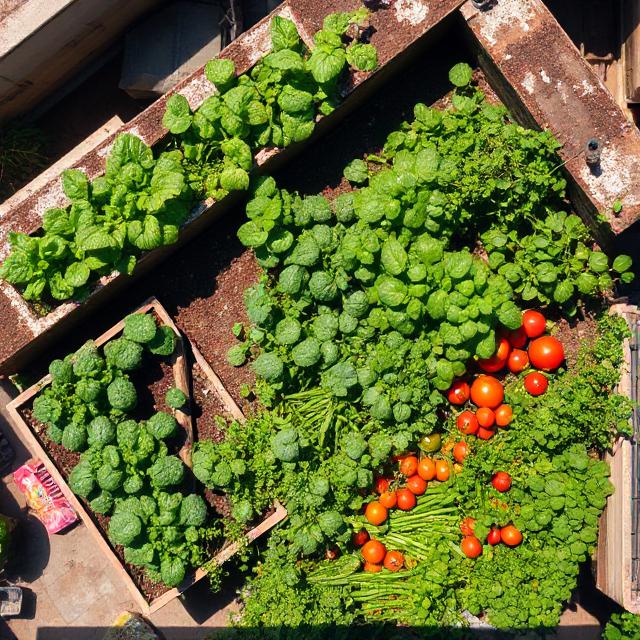
Can Vertical Farming and Hydroponics Solve Space Challenges in Urban Dhaka?
Yes, vertical farming and hydroponics are game-changers, especially in a densely populated city like Dhaka, where every square inch counts.
Benefits of Vertical Gardens:
- Space-efficient: Can be built against walls or using tiered stands
- Low-cost: Uses recycled bottles, wood, or bamboo
- DIY-friendly: Easy to set up and maintain
Benefits of Rooftop Hydroponics:
- No soil needed: Uses water and nutrients only
- Faster growth: Yields up to 30–50% more produce
- Cleaner food: Pesticide-free and easily traceable
Several Dhaka-based startups like Hydroponics BD now provide home kits for rooftop hydroponic systems, starting at just BDT 5,000. This opens doors for women to grow year-round food, even with water scarcity and minimal space.
What Tools and Techniques Are Women Using in Rooftop Farming?
Women farmers across Dhaka are innovating with:
- Recycled plastic containers and clay pots
- Vertical racks made from bamboo or wood
- Organic compost from kitchen waste
- Rainwater harvesting and drip irrigation
- Shade nets to protect delicate crops
- Homemade bio-pesticides using neem and garlic
Popular Rooftop Crops:
- Spinach, coriander, and amaranth
- Tomato, chili, and eggplant
- Bitter gourd, bottle gourd, and beans
- Lemon, mint, and tulsi (basil)
Women farmers are also forming urban agriculture groups on Facebook and WhatsApp to exchange knowledge, seeds, and even market access.
Read also: Aquaculture Equipment Guide
What Are the Challenges Facing Women Rooftop Farmers in Dhaka?
While rooftop farming is steadily gaining attention in Dhaka’s urban development narrative, women who are often the backbone of this movement face a unique set of challenges that limit their potential to scale impact. These aren’t just technical setbacks; they’re reflections of deeper systemic issues.
1. Lack of Training and Technical Knowledge
Most women engaging in rooftop farming are self-taught or learn from neighbors, social media groups, or basic NGO workshops. However, many still struggle with:
- Identifying nutrient deficiencies in plants
- Proper composting and pest control
- Understanding vertical or hydroponic systems
- Water-saving irrigation techniques
“I lost half my tomato crop to fungus last winter. I didn’t know what to do or who to ask,” shared Mitu Akter, a housewife from Mirpur trying hydroponics for the first time.
Without structured, ongoing training, women risk crop failures that can discourage continued farming or deter others from starting.
2. Initial Cost of Hydroponic Kits or Vertical Racks
Although rooftop farming is more affordable than traditional land-based agriculture, the upfront costs of setting up even a small vertical system or hydroponic unit can be daunting for low- or middle-income urban women.
- A basic vertical garden rack costs BDT 2,000–3,000
- Home hydroponic starter kits can range from BDT 5,000 to 15,000
- Necessary tools (net pots, pH meters, grow lights) add further expenses
These costs are rarely subsidized, and most women don’t have access to agricultural loans or grants tailored for rooftop farming.
3. Structural Concerns of Old Rooftops
Many residential buildings in Dhaka, especially in older neighborhoods like Gopibagh or Azimpur, were not designed for added rooftop weight.
- Concrete roofs may have leaks or poor drainage
- Railings may be low, increasing the risk for children and tools
- Tenants often don’t get permission from landlords to use rooftops
Without engineering assessments or light-weight farming alternatives, these structural concerns create a significant barrier to safe implementation particularly for women living in rented flats or multistoried homes.
4. Limited Access to Markets and Financial Credit
Even when women produce surplus vegetables or herbs, selling them is another challenge:
- No access to formal markets or cooperatives
- Lack of cold storage, packaging, or transport
- Few women know how to get listed on e-commerce or local agri apps
- Most microfinance loans don’t include urban farming in eligibility criteria
This makes rooftop farming remain primarily subsistence-based. Without viable market linkages, the economic incentive to expand operations or invest in technology remains weak.
5. Societal Perceptions of Women’s Farming Roles
Despite women being primary caregivers and food providers, agriculture is still seen as a “man’s job” in many Bangladeshi households. This bias often leads to:
- Families not supporting or valuing women’s rooftop farming
- Lack of intergenerational transfer of agricultural knowledge to girls
- Social pressure for women to focus only on household chores, not farming
- Women feeling hesitant to post about or promote their farms publicly
“My mother-in-law laughed when I told her I wanted to grow vegetables on our roof. She said it was a waste of time,” recalls Asma Hossain, who now grows 10+ crops and mentors women in her area.
These cultural attitudes act as invisible yet powerful barriers that stifle both innovation and recognition.
In short, these challenges aren’t merely logistical they’re deeply interconnected with urban infrastructure, economic exclusion, and gender norms. To unlock the true potential of rooftop farming in Dhaka, particularly for women, we must approach these barriers as systemic issues that require cross-sector collaboration from NGOs and policymakers to AgTech developers and social entrepreneurs.
How Does Rooftop Farming Tie into National Food Security Goals?
Rooftop farming directly supports:
- SDG 2 (Zero Hunger)
- SDG 5 (Gender Equality)
- SDG 11 (Sustainable Cities and Communities)
- Bangladesh’s National Nutrition Policy
Moreover, empowering women to grow food locally builds climate resilience, reduces dependence on imports, and contributes to decentralized food systems crucial for a country vulnerable to both floods and inflation.
Read also: Empowering Women in Bangladesh
What Support Do Women Rooftop Farmers Need in Dhaka?
To scale up this model, stakeholders can:
For Policymakers:
- Offer microgrants or rooftop farming subsidies
- Include rooftop farming in urban planning and zoning codes
- Provide training centers and demonstration plots
For NGOs & Donors:
- Train women in hydroponics, composting, and market linkage
- Promote peer-to-peer support groups and knowledge sharing
- Distribute starter kits and low-cost vertical garden tools
For AgTech Developers:
- Build app-based guidance platforms in Bangla
- Design modular hydroponic kits with local materials
- Integrate sensor-based drip systems and solar-powered tools
Rooftops Are the New Farmlands and Women Hold the Key
In the heart of Dhaka, a quiet revolution is taking place. Women are reclaiming rooftops not just for food, but for dignity, empowerment, and resilience. Rooftop farming in Dhaka is more than a green hobby. It’s a gendered food security solution, a climate-smart strategy, and a call to action.
Want to support women-led rooftop farming in Bangladesh?
EcoNature BD is working with local women, NGOs, and AgTech startups to scale rooftop farming across Bangladesh. From training to turnkey hydroponics, we co-create food security solutions that empower people and protect the planet.
Contact us today to partner on urban farming projects, co-design pilot models, or bring rooftop gardens to your community.
FAQ
1. What crops can I grow on a Dhaka rooftop?
You can grow spinach, tomatoes, coriander, eggplant, bitter gourd, beans, and even strawberries. Use containers, raised beds, or hydroponic racks depending on space and sunlight.
2. How much does it cost to start rooftop farming in Dhaka?
You can start a basic soil-based rooftop garden for BDT 2,000–5,000. A hydroponic kit may cost BDT 5,000–15,000, depending on the size and system.
3. Can rooftop farming feed an entire family?
Yes. With efficient use of space, one rooftop can supply up to 60–80% of a small family’s vegetable needs, especially if using vertical farming and hydroponics.
4. Is rooftop farming safe on old buildings?
If the structure is sound and waterproofed, it’s safe. Use lightweight soil mixes, proper drainage, and raised beds or racks to reduce roof load.
5. How does rooftop farming empower women in Dhaka?
It enables women to grow food at home, reduce dependency, save money, and even earn income while also contributing to better family health and nutrition.
6. What organizations support rooftop farming in Bangladesh?
Groups like EcoNature BD, Work for a Better Bangladesh (WBB), UNDP, and FAO (FAO Urban Agriculture Report) offer training, tools, and research to promote urban agriculture.
7. How can NGOs and AgTech startups help?
They can provide training, tools, technology access, financing, and market linkages. Co-developing scalable rooftop farming models can drive systemic change.

